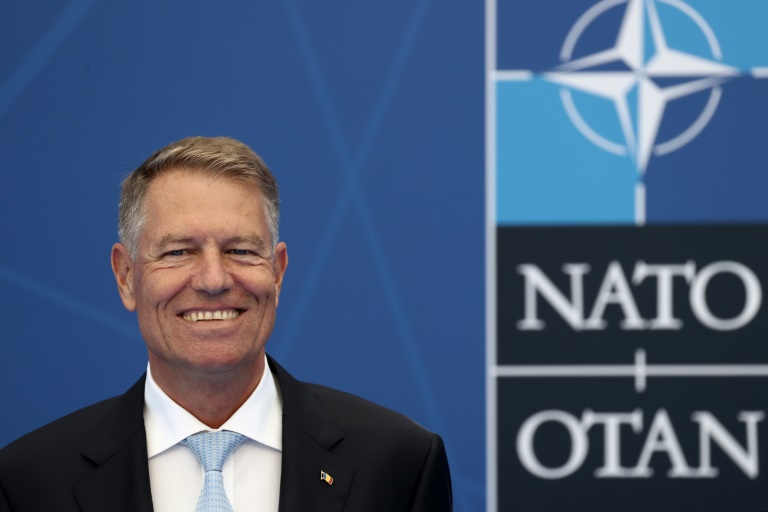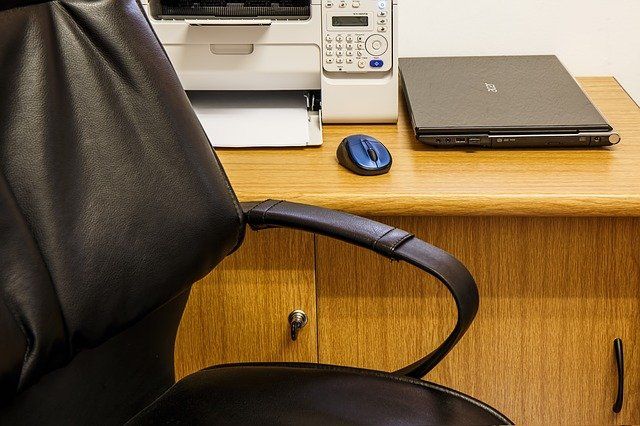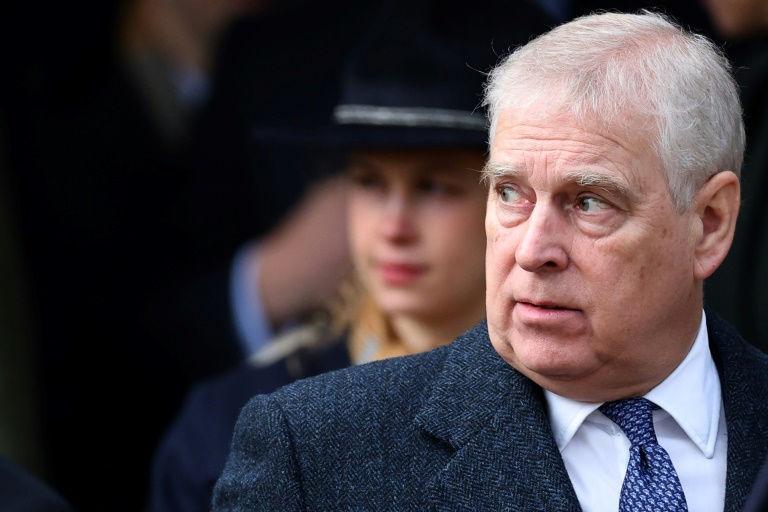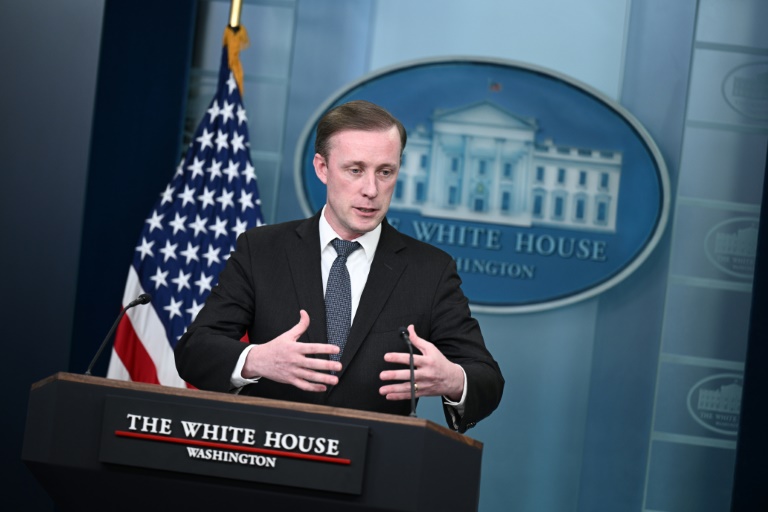Romania’s President Klaus Iohannis on Tuesday announced his candidacy to succeed Jens Stoltenberg as chief of NATO, vowing — as a leader of a country bordering the Ukraine war — to bring “renewal of perspective” at a crucial time for the alliance.
For the past two years, the Western defence alliance has navigated a challenging security environment in the face of Russia’s invasion of Ukraine.
Outgoing Dutch Prime Minister Mark Rutte has been tipped as the strong favourite for the job, but there have been calls for the alliance to choose its next chief from one of its newer members on the eastern flank.
When announcing his bid, Iohannis said he believed NATO needed “a renewal of the perspective on its mission”.
“Eastern Europe has a valuable contribution to the discussions and the decisions adopted within NATO,” he said in a statement.
“With a balanced, strong and influential representation from this region, the alliance will be able to make the best decisions according to the needs and concerns of all member states,” he added.
A successor for Stoltenberg — the former Norwegian prime minister who has overseen NATO for a decade — is expected to be announced before a July summit in Washington.
Rutte is largely believed to be the frontrunner to replace Stoltenberg, after the United States, Britain and Germany expressed support for his potential candidacy.
Hungary, however, said the country would not support Rutte, who has previously criticised Hungary’s government.
Rutte is also facing scepticism over his failure to hit NATO’s defence spending target over the past decade.
Estonia’s Prime Minister Kaja Kallas and Latvia’s top diplomat Krisjanis Karins had been pushing to be in consideration but their candidacies appear to have waned and have not been made formal.
Iohannis, 64, said Romania, which joined NATO in 2004, had a “deep understanding, including from the perspective of the historical challenges facing our region, of the current security situation, created by the war launched by Russia against Ukraine.”
Since last year, Romania hosts a regional hub to train pilots, including Ukrainians, to fly American-made F-16 fighter jets, which Kyiv has said the country needs to fight off Russia’s invasion.
Romania hosts more than 5,000 foreign troops, the largest contingent anywhere in NATO’s southeastern region.
No decision on who will be the next NATO secretary general is confirmed until consensus is reached on one candidate, according to NATO rules.
Iohannis, who has been Romania’s president since 2014 navigating several political crises in the past, has described himself as a “firefighter who prevented Romania from collapsing”.
The former physics professor, known as “the German” because of his ancestry, has used the limited powers of the presidency to back anti-corruption protesters and boost ties with the United States.
But critics say the liberal shirks debates and lacks charisma.
He was mayor for 14 years of Sibiu, his home city in Transylvania in central Romania, once host to a sizable German minority.







